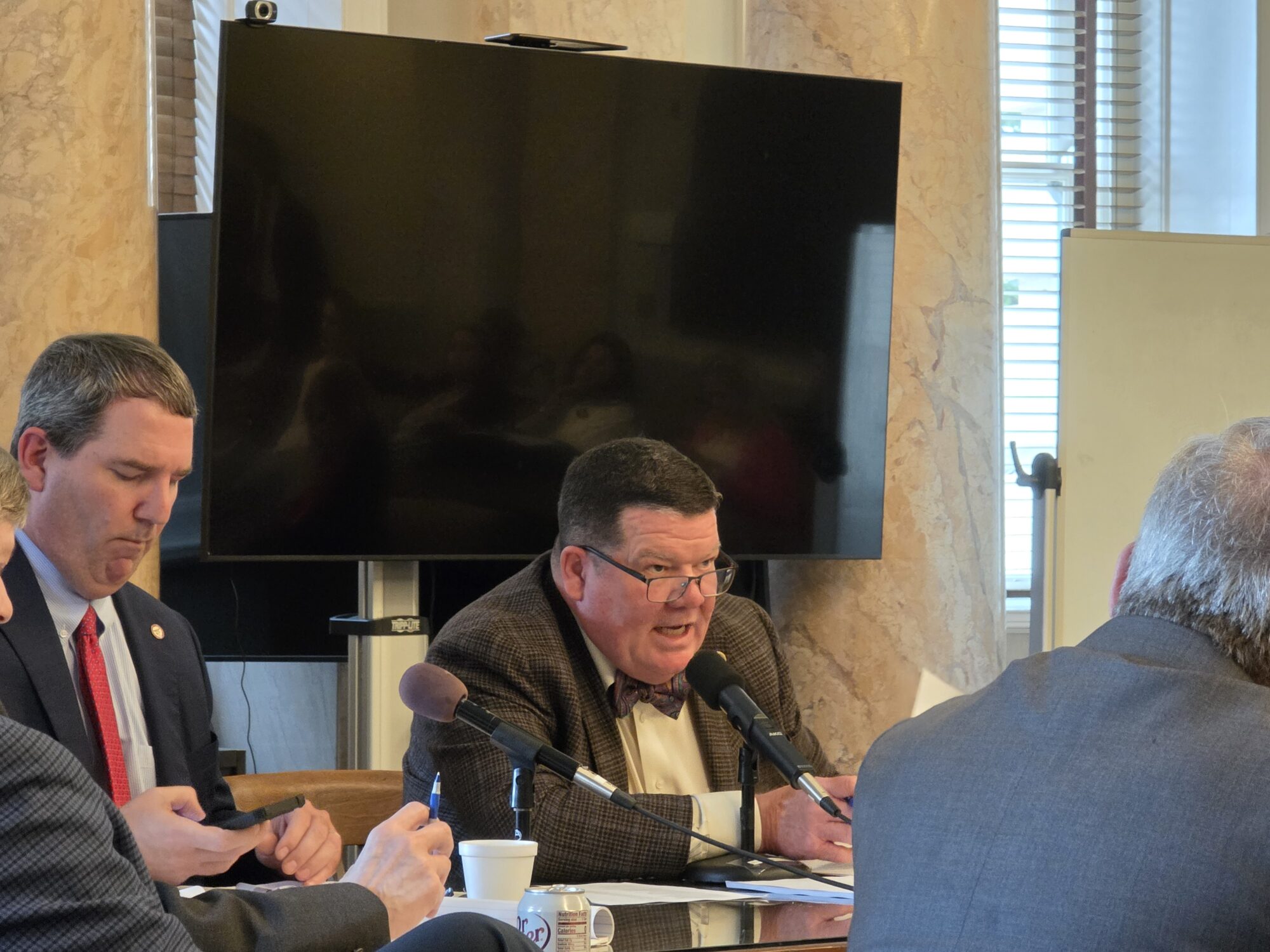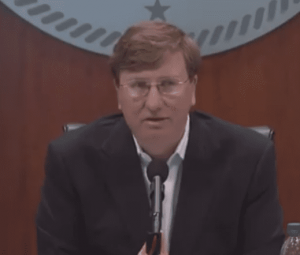
Attorney General Fitch today joined a bipartisan coalition of 48 attorneys general in filing a lawsuit in the U.S. District Court for the District of Columbia against Facebook, Inc., alleging that the company has and continues to illegally stifle competition to protect its monopoly power.
“Facebook spent nearly a decade engaging in practices that diminish competition and exploit user privacy for profit,” said Attorney General Lynn Fitch. “I joined this suit to put an end to Facebook’s monopolistic stronghold on the marketplace and protect Mississippians from anticompetitive and deceptive business practices.”
The lawsuit alleges that over the last decade the social networking giant illegally acquired competitors, such as Instagram or WhatsApp, in a predatory manner and cut services to smaller competitors. These actions deprived users of the benefits of competition and reduced privacy protections and services, while boosting Facebook’s bottom line through increased advertising revenue. Facebook is specifically charged with violating Section 2 of the federal Sherman Act, in addition to multiple violations of Section 7 of the federal Clayton Act.
Since 2004, Facebook has operated as a personal social networking service that facilitates sharing content online without charging users a monetary fee. Instead, it provides these services in exchange for a user’s personal data and then monetizes its business by selling advertising to firms that attach immense value to the user engagement and highly targeted advertising that Facebook can deliver due to the vast trove of data it collects on users, their friends, and their interests.
Facebook’s monopoly gives it broad discretion to set the terms for how its users’ private information is collected and used. For instance, when Facebook cuts off integration to third-party developers, users cannot easily move their own information. Because Facebook has successfully maintained a monopoly on the marketplace, the company is now able to make decisions about how to curate content on the platform and use the personal information it collects from users to further its own business interests, even if those choices conflict with the interests and preferences of Facebook users. Additionally, many of the privacy protections and user controls over their own data are now gone.
The attorney generals ask the court to halt Facebook’s illegal, anticompetitive conduct and block the company from continuing this behavior in the future. Additionally, the states ask the court to restrain Facebook from making further acquisitions valued at or in excess of $10 million without advance notice to the plaintiff states. Finally, they ask the court to provide any additional relief it deems appropriate, including the divestiture or restructuring of illegally acquired companies, or current Facebook assets or business lines.
Jake Ward, President of the Connected Commerce Council (3C), issued the below statement in response to the FTC and State Attorneys General lawsuits against Facebook.
“During a national pandemic and economic crisis, misinformed and poorly timed government attacks on American tech innovators will cost small businesses dearly. Digital tools, services, and marketplaces weave a Digital Safety Net that helps millions of small businesses and their communities manage the COVID-19 disruption. But with today’s lawsuits, and more lawsuits on the horizon, elected officials are asking small businesses to walk the pandemic tightrope and rebuild our national economy without a net.”
Separately, but in coordination with this multistate coalition, the Federal Trade Commission (FTC) also today filed a complaint against Facebook in the U.S. District Court for the District of Columbia.
The lawsuit was spearheaded by the attorneys general for California, Colorado, Florida, Iowa, Nebraska, New York, North Carolina, Ohio, Tennessee, and the District of Columbia. This executive committee and Mississippi are joined by the attorneys general of Alaska, Arizona, Arkansas, Connecticut, Delaware, Hawaii, Idaho, Illinois, Indiana, Kansas, Kentucky, Louisiana, Maine, Maryland, Massachusetts, Michigan, Minnesota, Missouri, Montana, Nevada, New Hampshire, New Jersey, New Mexico, North Dakota, Oklahoma, Oregon, Pennsylvania, Rhode Island, Texas, Utah, Vermont, Virginia, Washington, West Virginia, Wisconsin, Wyoming, and the territory of Guam.
Press Release
12/9/2020









